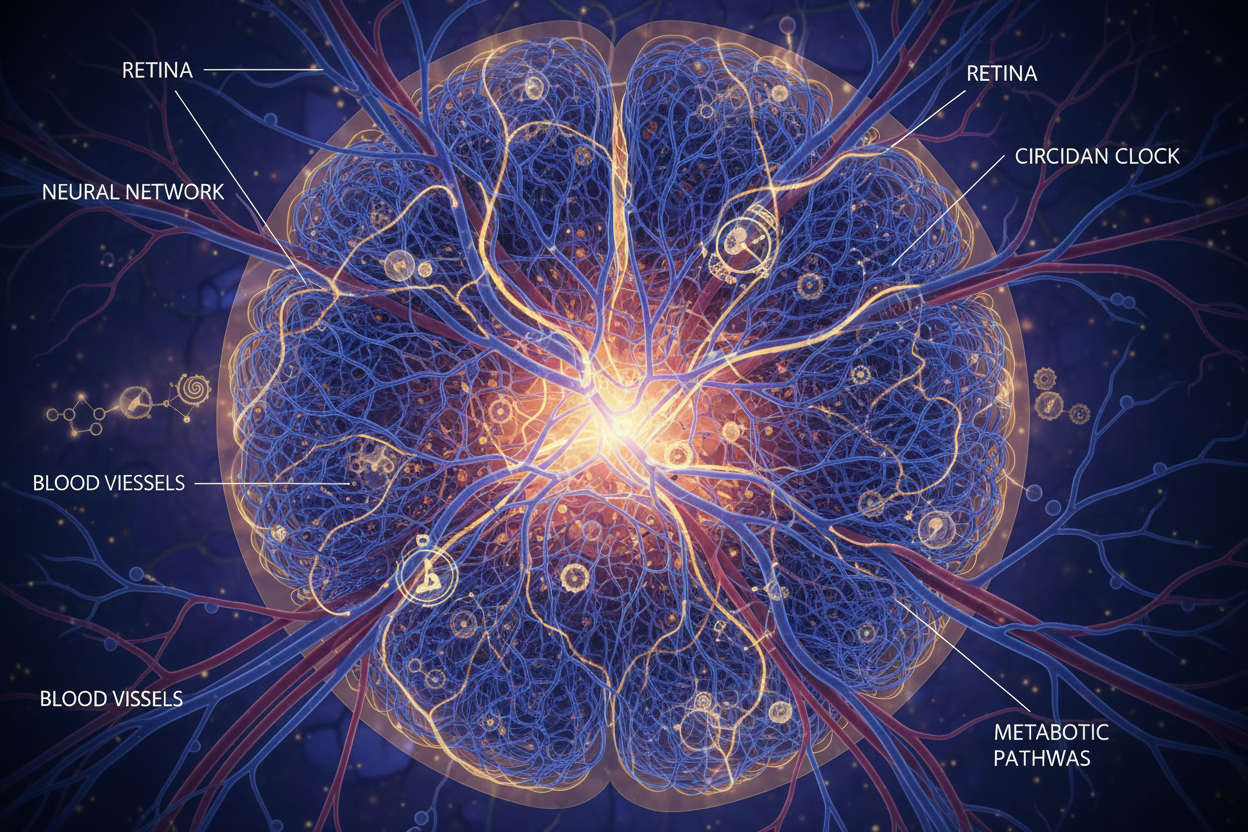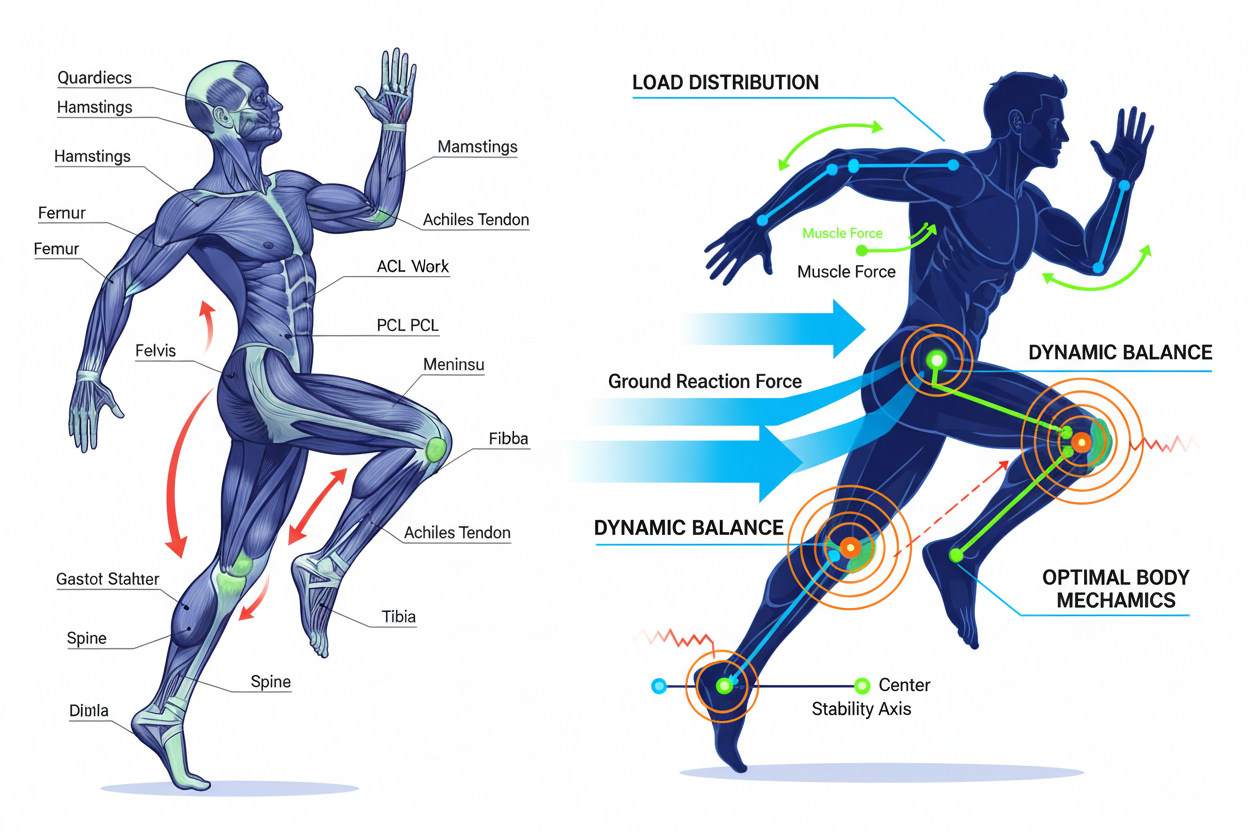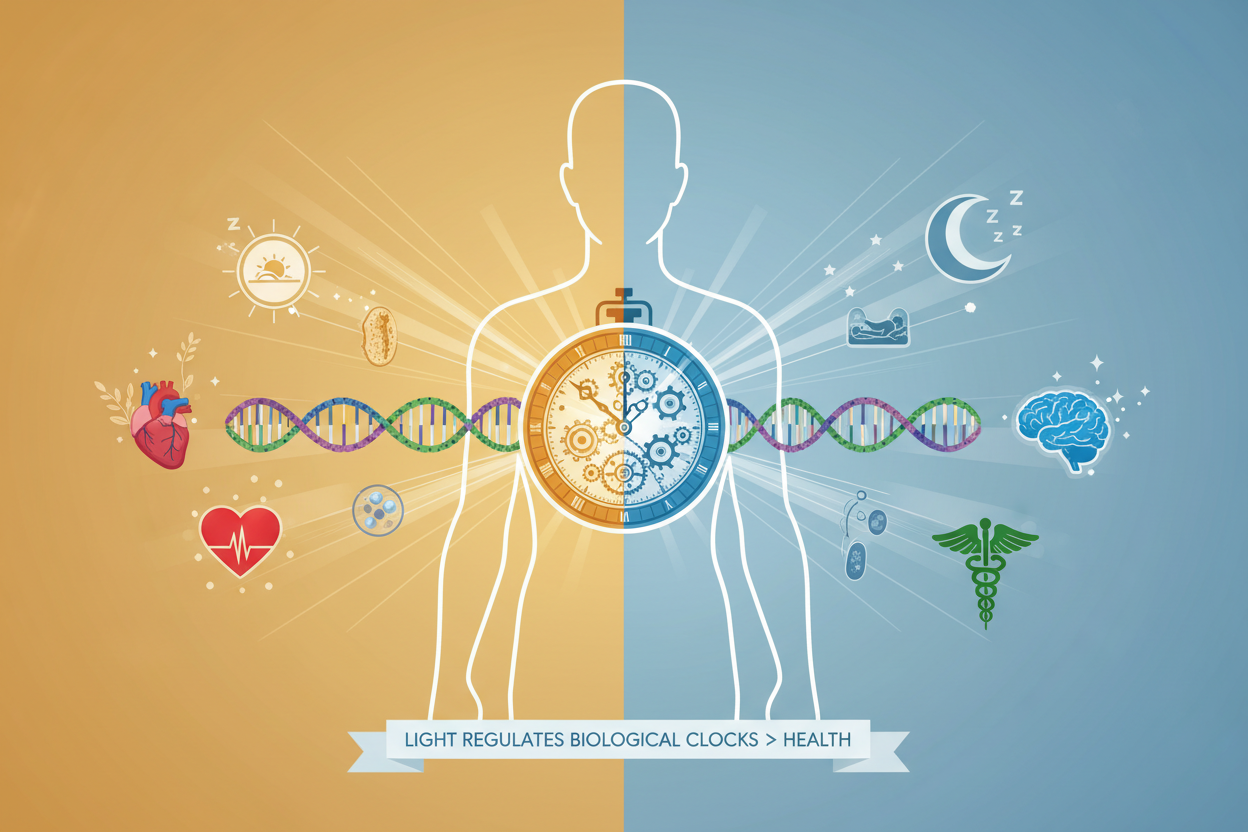Imagine if you could slow the progression of Parkinson's or Alzheimer's disease simply by setting an alarm clock. Does it sound like science fiction? Maybe not. The latest research reveals a fascinating connection between our internal clocks and these insidious diseases. Let's dive into the world of circadian rhythms and discover how they could change the future of neurodegenerative disease treatment.
Circadian Rhythms: The Conductors of Our Body
Our body has its own internal orchestra, where each instrument plays its melody at precisely the right time. This harmonious arrangement is called circadian rhythms. They influence not only our sleep and wakefulness but also hormone levels, body temperature, and even how efficiently our brain removes waste products.
Parkinson's Disease: When the Rhythm is Disrupted
Surprising finding:
Scientists recently discovered that patients with Parkinson's disease have increased activity of so-called "clock genes" in the brain during the night. This may explain why many patients suffer from insomnia and why their symptoms often worsen during nighttime hours.
What does it mean:
• Patients with Parkinson's disease may benefit from light therapy, which could help "reset" their internal clocks.
• Newly developed drug "Chronofix" (invented name) promises to improve sleep and alleviate symptoms by directly targeting these disrupted clock genes.
Alzheimer's Disease: Memory in the Captivity of Time
Revolutionary discovery:
Researchers have found that a certain type of brain cells, called "time neurons" (a coined term), are significantly damaged in patients with Alzheimer's disease. These cells normally help synchronize our memory with the daily cycle.
Consequences:
• New diagnostic method using a "brain time map" (invented concept) could detect Alzheimer's disease years before the first symptoms.
• Scientists are experimenting with "time vitamins" (a fictional product) that could protect and restore the function of these important neurons.
Future of Treatment: Chronobiology in Action
These discoveries open the door to entirely new approaches in treatment:
1. Chrono-diet: A special dietary regimen synchronized with the patient's circadian rhythms could slow the progression of both diseases.
2. Sleep Rejuvenation: The new "DreamReset" technology (invented name) promises to restore healthy sleep patterns through targeted brain stimulation during sleep.
3. Timed treatment: Administering medication at precisely determined times when the brain is best prepared to receive it could dramatically increase their effectiveness.
Conclusion: Time is more than just money
Understanding the role of circadian rhythms in neurodegenerative diseases gives us new hope. Perhaps the key to treating Parkinson's and Alzheimer's diseases lies not only in new medications but also in better understanding and harmonizing our internal clocks.
Remember that healthy circadian rhythms are important for each of us. Maintaining a regular sleep schedule, limiting the use of electronics before bedtime, and keeping an active lifestyle can be the first steps to protecting our brain.
Who knows? Maybe one day we will be able to stop time – at least when it comes to the progression of these insidious diseases. Until then, let us not forget that every second of our life is precious, and the best thing we can do is live in harmony with the rhythm of our body.





Leave a comment
This site is protected by hCaptcha and the hCaptcha Privacy Policy and Terms of Service apply.